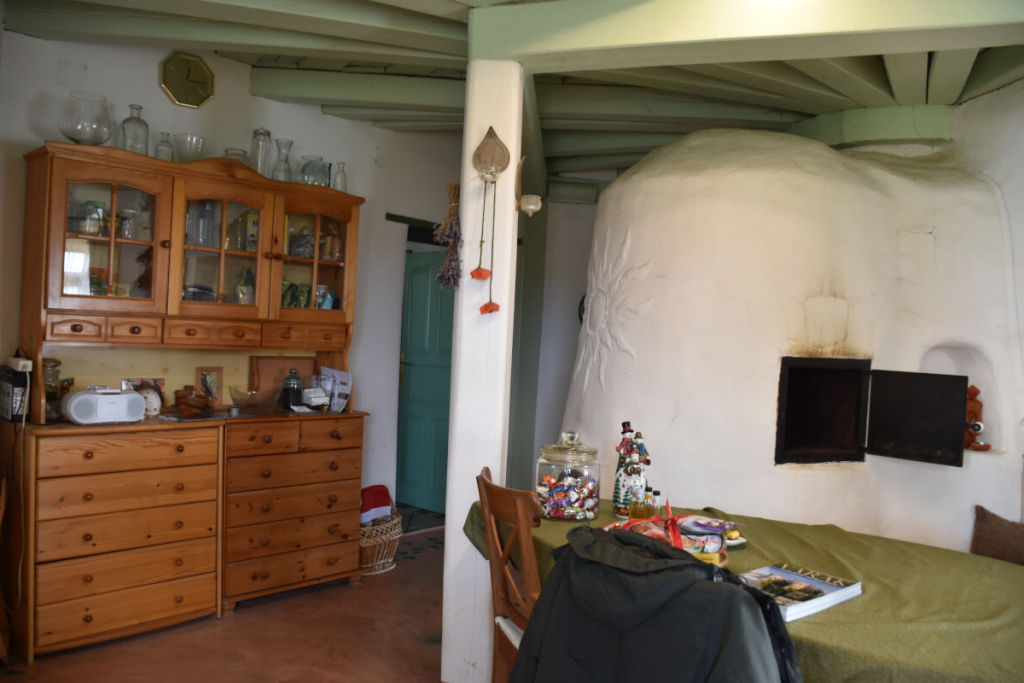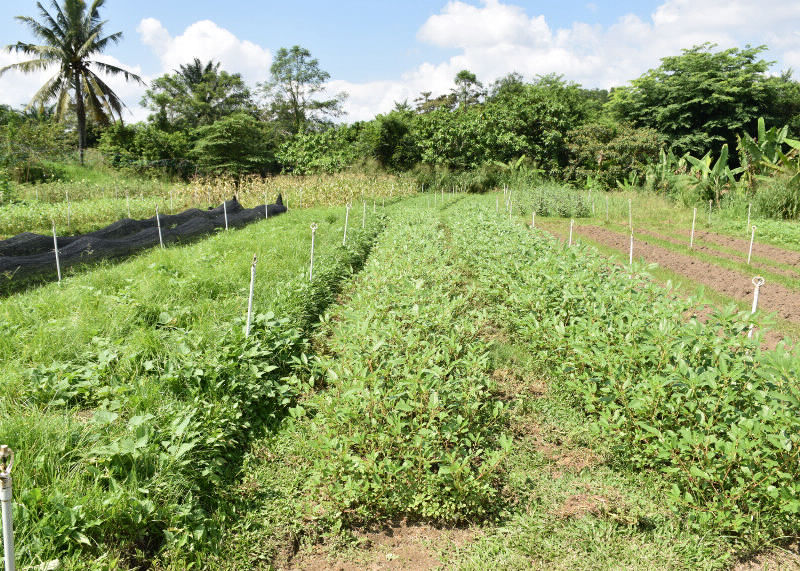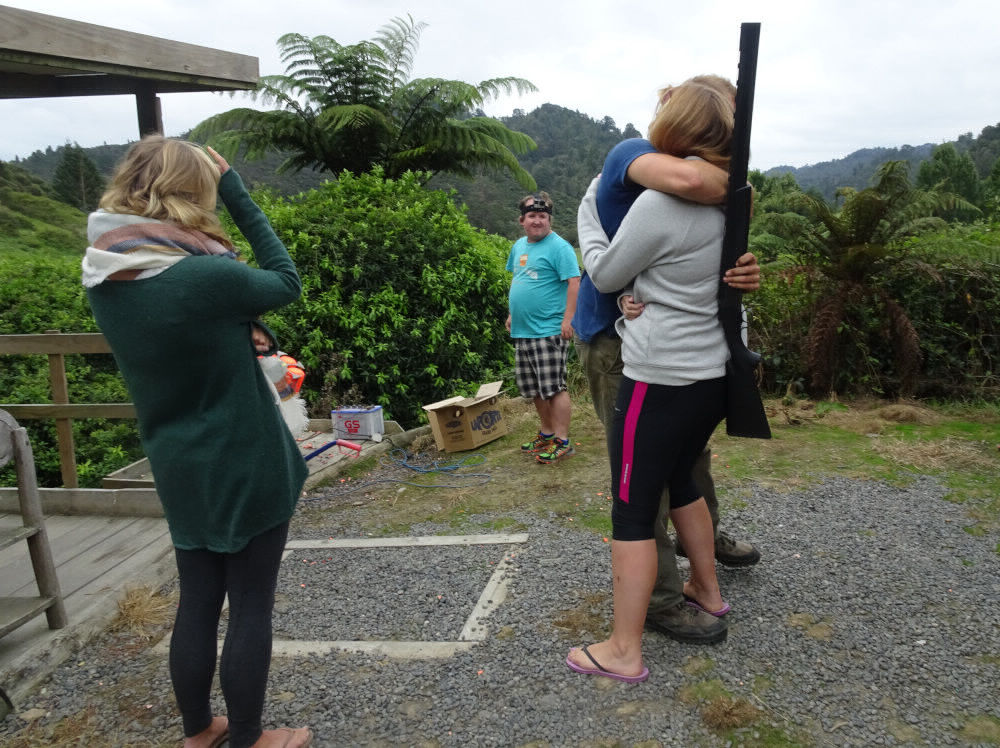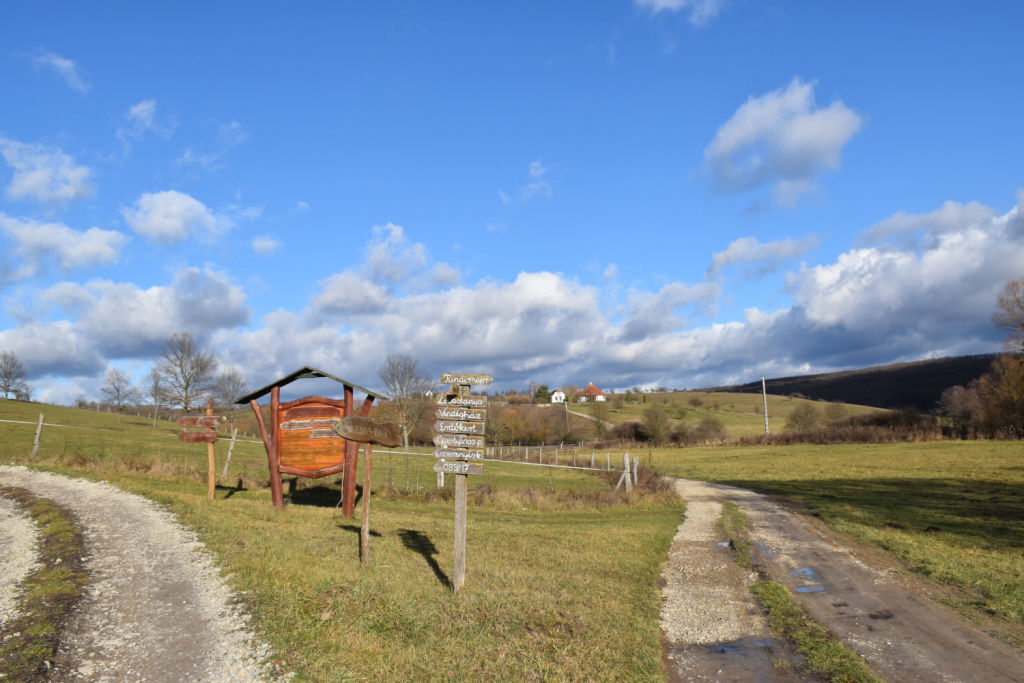
1
DEFINITION OF ECO-VILLAGE
Eco-villages are sustainable communities, designed and managed by the cooperation of the community members. The intention of the communities is to make it sustainable in three ways, ecologically, economically and socially. Based on these three factors an eco-village can be called a three-legged stool (R. Gilman, 1991).
There are around 15 thousands communities in the world which claim to be eco-village (Global Ecovillage Network), however, the numbers are quite vague due to some reasons. Firstly, there are eco-villages where the eco principles are not strictly met, so we would not call a village using plastic chairs "eco". Secondly there are some communities which purpose is to do business and they call themselves eco-village for marketing advantage. Sometimes there is a misunderstanding about the term, when people follow traditional farming (not using machines) and they think it is ECO. However the use of technology might be a key solution for eco-villages. In the technological world it is impossible to go back to the Stone Age, to give up all our achievements.



